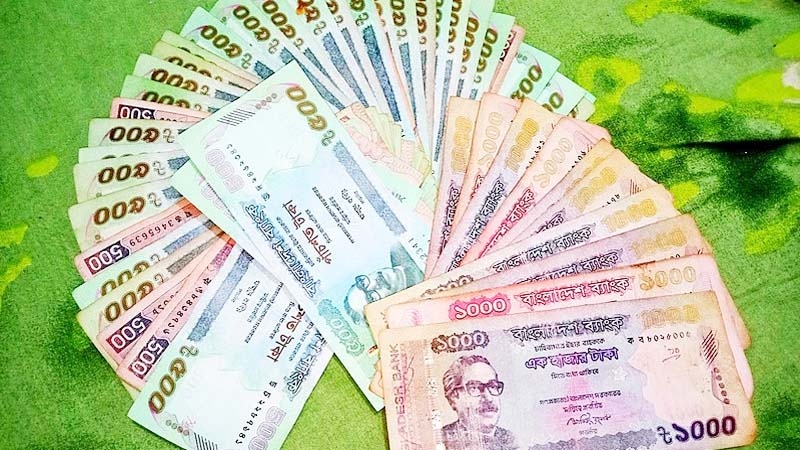- Mojtaba Khamenei Named Iran’s New Leader |
- Iran vows to hit all ME economic hubs if US-Israeli attacks persist |
- Sammilito Islami Bank merger to continue: Governor |
- Biman Suspends Flights to Six Middle East Cities Over Tensions |
- Govt Announces 25pc Rail Fare Discount |
Bangladesh Govt Ends Provision for Legalising Black Money

The interim government of Bangladesh, led by Professor Dr. Muhammad Yunus, has scrapped the provision that allowed the legalisation of undisclosed wealth as part of reforms in the financial sector. The decision was made during the weekly council meeting of advisers, held at the state guesthouse Jamuna on Thursday, with Chief Adviser Muhammad Yunus presiding.
Syeda Rizwana Hasan, Adviser on Environment, Forest, and Climate Change, announced that the provision enabling the legalisation of black money had been discontinued. She stated that the advisory council prioritises ethical values over the influx of undisclosed wealth into the economy. Rizwana Hasan also mentioned that the amount of legalised black money had been insignificant, and steps were being taken to tackle the smuggling of money abroad.
The previous political regime had allowed this controversial provision in the current national budget. By scrapping it, the interim government, which took office on 8 August, has fulfilled a longstanding demand from economists and rights groups.
Finance Adviser Salehuddin Ahmed had earlier indicated that the government would discourage the creation of undisclosed wealth. The previous national budget, announced on 6 June by former Finance Minister Abul Hassan Mahmood Ali, included a provision allowing taxpayers, including companies and firms, to legalise undeclared wealth by paying a 15% tax on immovable properties, without disclosing the sources of their income.
This provision was criticised for potentially undermining honest taxpayers, who are required to pay up to 25% in taxes. On 15 August, former World Bank Dhaka office lead economist Zahid Hossain urged the interim government, in a Facebook post, to eliminate this measure.
Transparency International Bangladesh also condemned the provision as illegal, discriminatory, and unconstitutional, arguing that it would encourage tax evasion and the generation of undisclosed wealth.
Bangladesh's low tax-to-GDP ratio has been attributed to widespread tax evasion, tax breaks, and corruption in the tax collection system. Despite several opportunities to legalise black money provided by successive governments, the option has not led to a significant influx of undisclosed wealth into the formal economy.
During the previous regime’s three consecutive terms in office, from 2009 to 2023, approximately Tk 33,000 crore in undisclosed wealth was legalised, with the highest amount, Tk 20,600 crore, being recorded in the fiscal year 2020-21.

